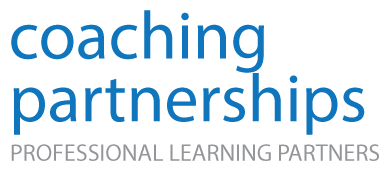By Natalie Irons, Associate Director, Instructional Coaching, UCLA Center X
In a recent Cognitive Coaching training I heard from several “coaches” who hold various roles, principal, teacher on special assignment… about the extreme exhaustion adults in schools are facing. One described feeling uncertain how to best support a teacher who was ready to quit. The statistics for educators leaving their jobs are growing at a high rate. And, yet again, there is a disparity revealed in the data. “62% of Black teachers and 59% of Hispanic teachers say they will leave earlier than planned, compared with 55% overall,” according to an NEA poll highlighted by NPR.
So what does this mean for us who are trained as coaches, have the role as a coach, or simply value supporting people to be their best, most authentic selves in service of educational communities?
As I continue to ponder this question for myself, I have captured a few big ideas to keep me on track in my coaching.
- Am I truly listening to the person I am supporting (i.e. a colleague, a teacher, a leader, a family member…)? Or do I have an idea in my mind or see something that I want to share whether it is beautiful or problematic? If I am listening to the person and keeping at bay my own judgmental thoughts, then I am coaching.
- How conscious am I of my own biases and identities and how these influence the interactions I have with people? How aware am I that race, culture, ethnicity, gender, and lived experiences always influence interactions on some level? Zaretta Hammond defines culture as the way we make sense of the world (Hammond, p.22). When I am clear about my cultural reference points and notice my potential biases, without trying to “fix” a perceived problem, then I am coaching.
- What is my knowledge and understanding about neuroscience and the brain? What do I hear in how people talk and see in what people do? Current neuroscientists generally agree that our brains our shaped by our experiences, creating “stories” that inform our mental models (Seigel, p.88) which in turn create opportunities for learning. When I am attuned to the person I am interacting with, curious about their “story” and open to how their experiences have contributed to who they are and what they do, then I am coaching.
While these ideas are still formulating and re-formulating, my goal is always to have the person leave a conversation feeling, being and holding a greater sense of resourcefulness. Perhaps that will have educators in turn bring that resourcefulness back to the people they support and stay another day.
How might you qualify what you do as a coach? How do you know you are coaching or providing some other kind of support? What are you aware of in your interactions in your role?

